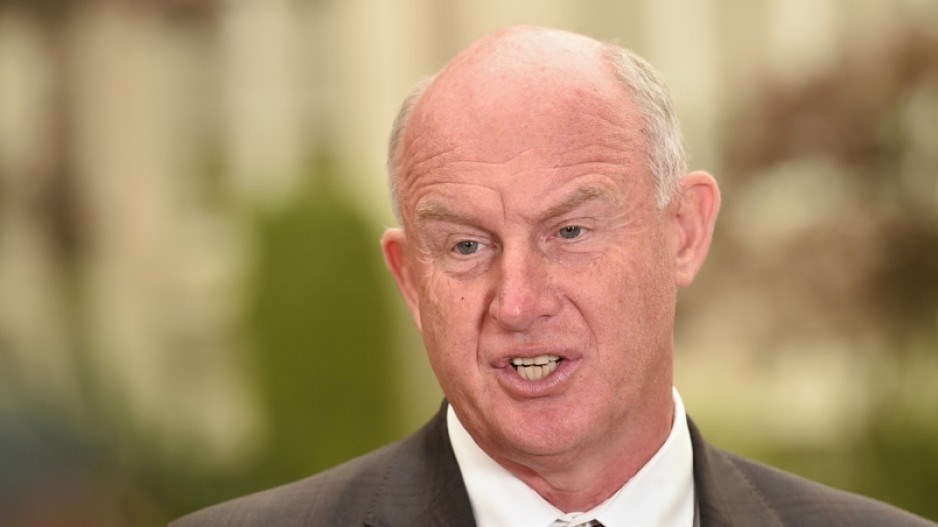“Just watch me.”
It was with those words that former prime minister Pierre Trudeau ushered in martial law in Canada in 1970 to deal with Quebec terrorists.
Half a century later, his son, Prime Minister Justin Trudeau, is mulling that use of that act’s successor legislation, the Emergencies Act, to handle the COVID-19 health emergency.
B.C., however, pulled the trigger on the Emergency Program Act March 18.
B.C. Public Safety Minister and Solicitor General Mike Farnworth declared a two-week state of emergency, giving him sweeping extraordinary powers.
Powers available to Farnworth under the act include:
- warrantless entry onto land or property;
- evacuations of people, livestock, animals and personal property;
- fixing of prices for or rationing of food, clothing, fuel, equipment, medical supplies or other essential supplies and the use of any property, services, resources or equipment; and
- ordering implementation or emergency programs.
"We are working with partners across government and industry to co-ordinate emergency response efforts, and we won't hesitate to use the tools available to us to keep people safe,” Farnworth said.
Whether the law being used is federal or provincial, governments should step carefully, say civil liberties groups.
What is imperative, Canadian Civil Liberties Association (CCLA) executive director Michael Bryant said, is that governments remain transparent and accountable for their actions. Those actions must be watchable for the rule of law under the Constitution to be maintained.
Bryant said some provinces need to declare an emergency as the first step in implementing emergency powers. Ottawa does not.
The second step, he explained, is the application of such powers through the use of orders-in-council or cabinet orders.
“When these are made under these circumstances, we at the CCLA are encouraging governments to release these to the public immediately,” Bryant said.
He said with the implementation of the airplane travel ban, Canadians were unsure of the prime minister’s legal authority to implement such a restriction as the order had not been produced.
“Once we saw it, we thought the action is less unconstitutional than we thought,” he said.
B.C. has not updated its orders-in-council since March 12. Ottawa’s list is up-to-date to March 18.
A key to restraining government power is the availability of the courts, Bryant said. In the event of unconstitutional actions, judges need to be available to deal with challenges to government actions.
He said with many trials now postponed, courts should be available to handle such situations.
Neither B.C. Civil Liberties Association (BCCLA) president Caily DiPuma nor executive director Harsha Walia could be reached for comment.
“We urge the government to implement measures under other federal and provincial legislation to appropriately and urgently respond to COVID-19 without creating unjustified consequences for civil liberties and human rights,” Walia said in a news release.
She said the BCCLA fully supports government actions prioritizing public health, use of public infrastructure for the benefit of all and protecting the vulnerable such as seniors, precarious workers, Indigenous communities and homeless people.
“However,” Walia said, “we strongly urge the federal government to use the utmost restraint in considering the Emergencies Act, which grants exceptional powers including the regulation of mobility and forced removal of personal property that could violate the civil liberties of individuals and classes of people.
“We also remind the federal government that the Emergencies Act remains subject to the Canadian Charter of Rights and Freedoms, and fundamental rights must not be unreasonably or unjustifiably limited.”
B.C. Attorney General David Eby is a BCCLA past executive director.
@jhainswo




